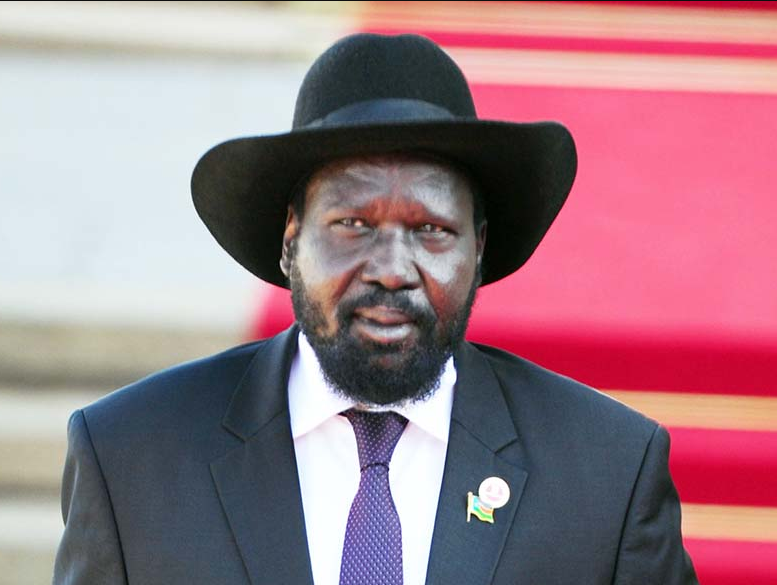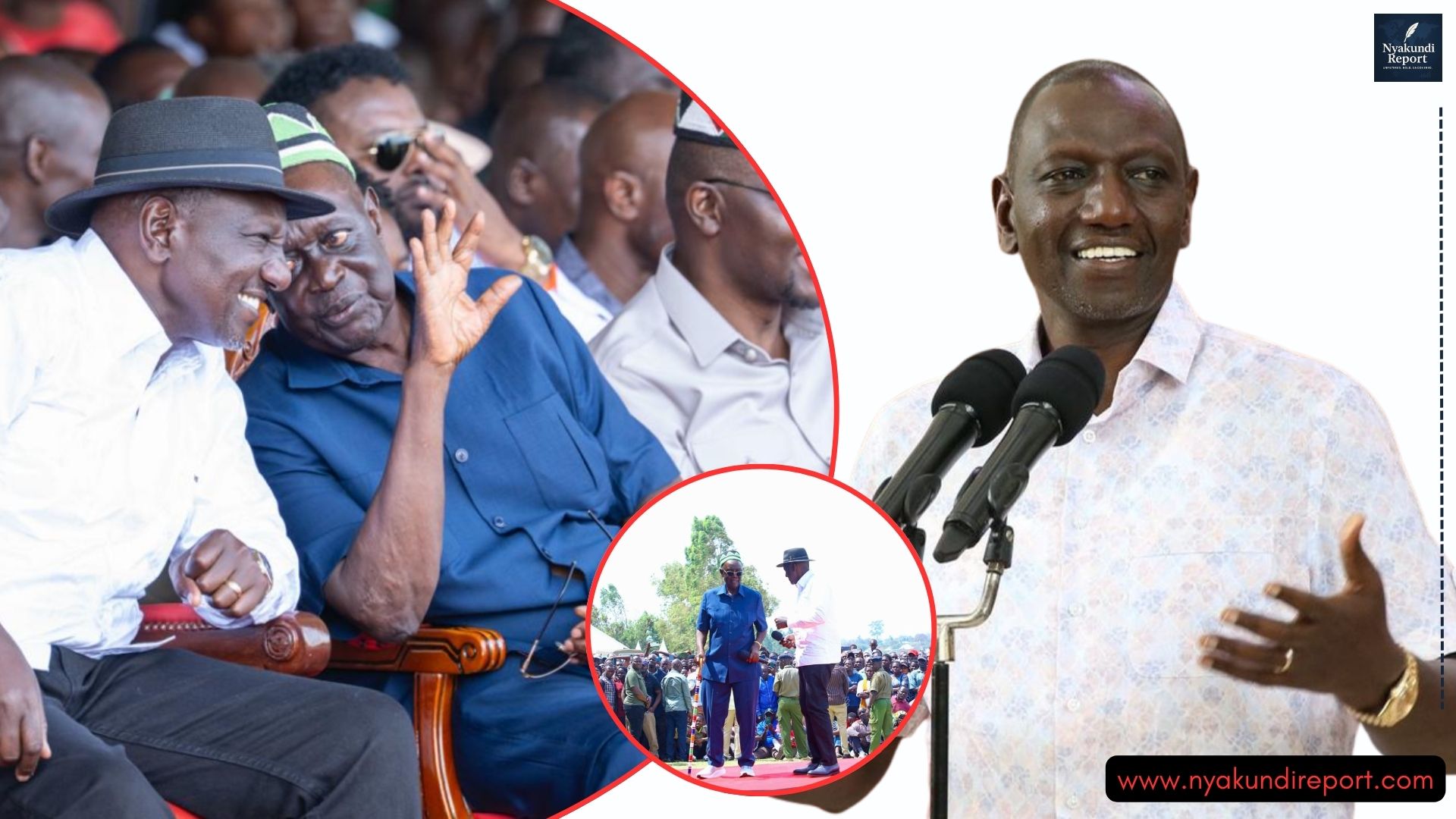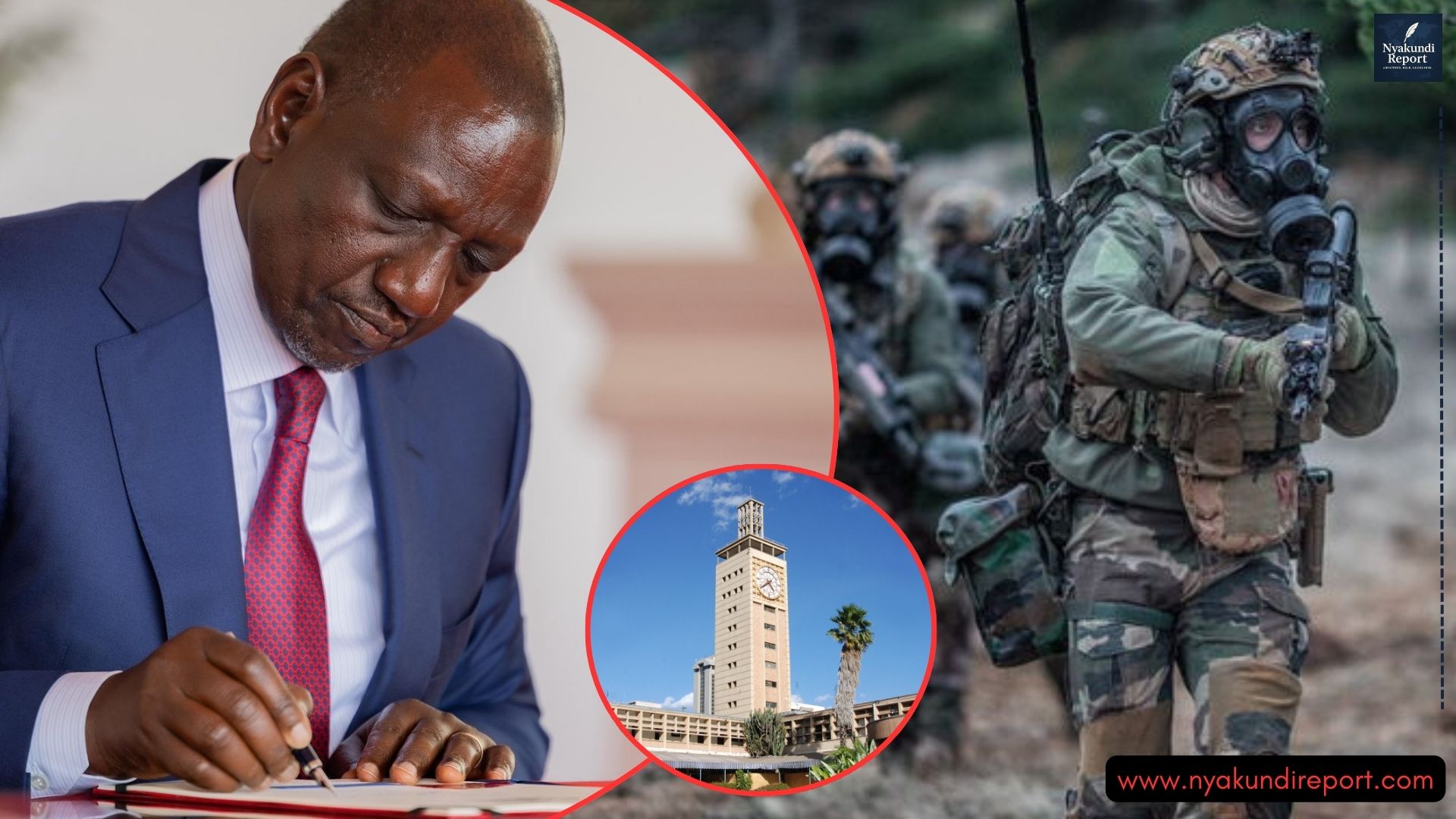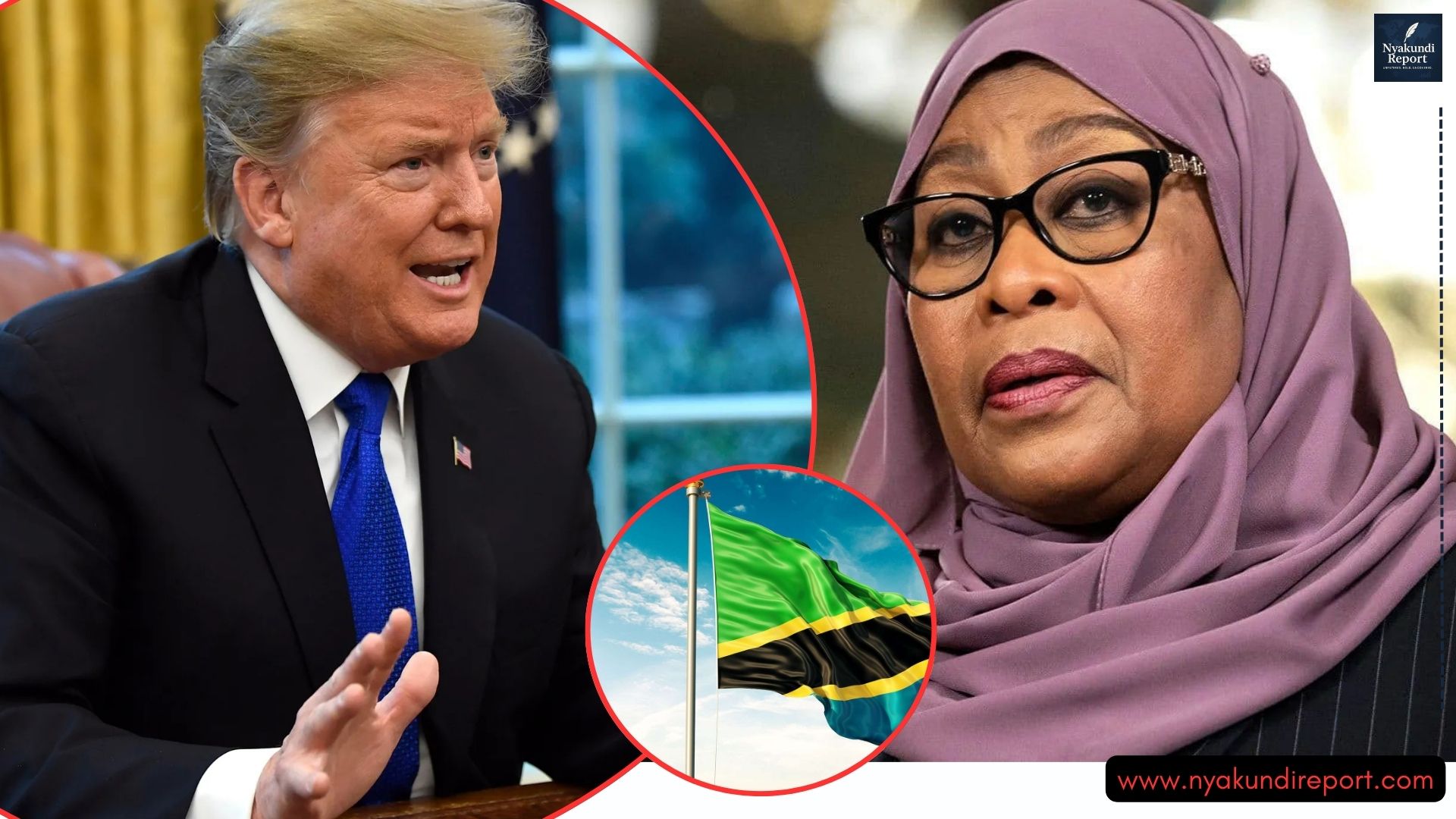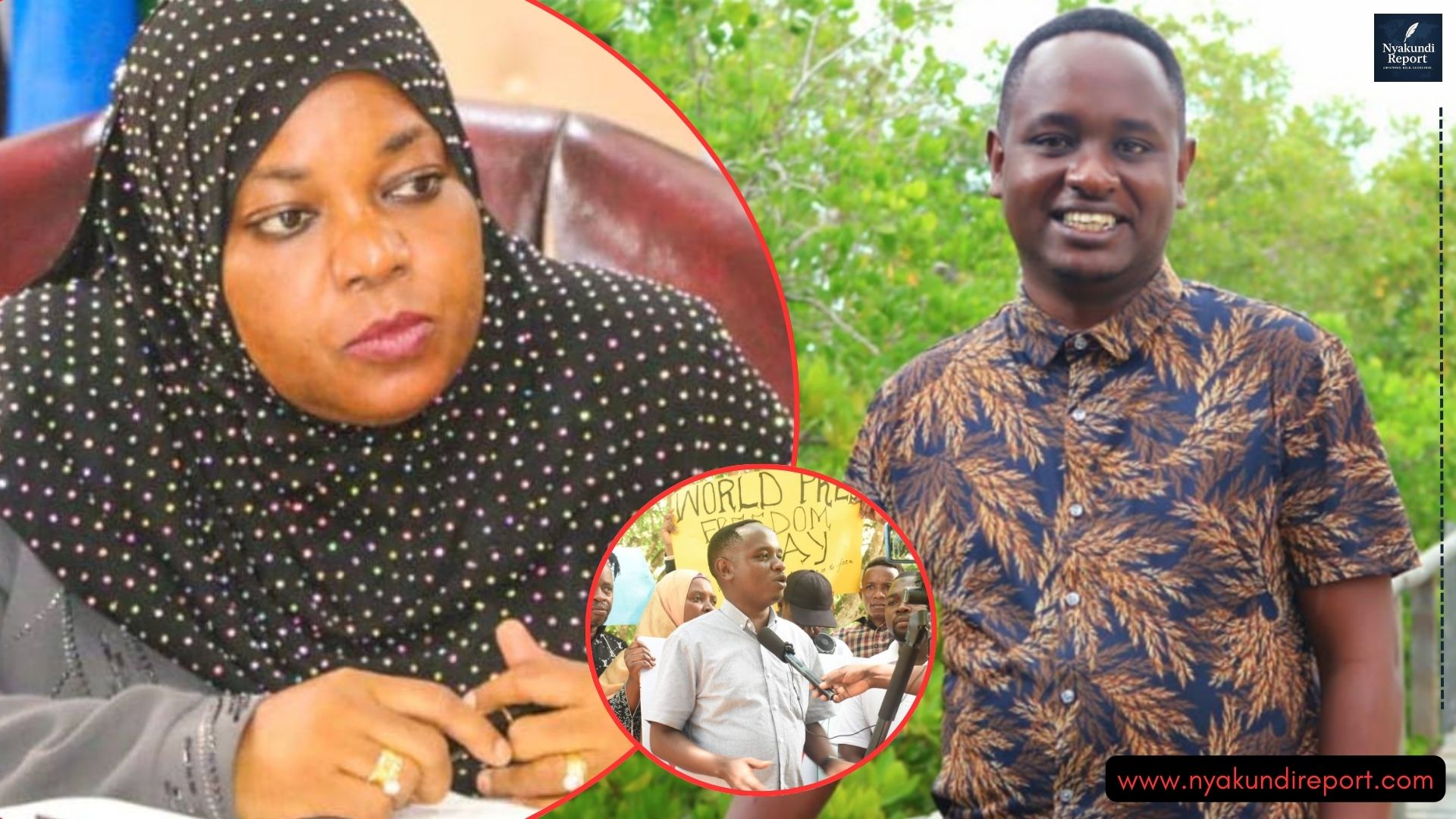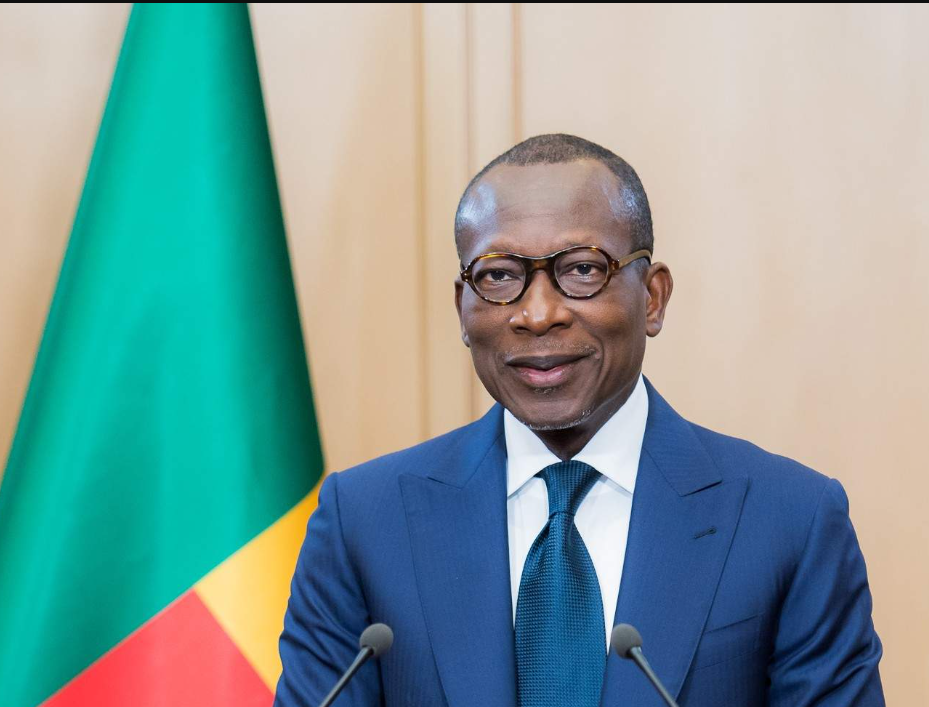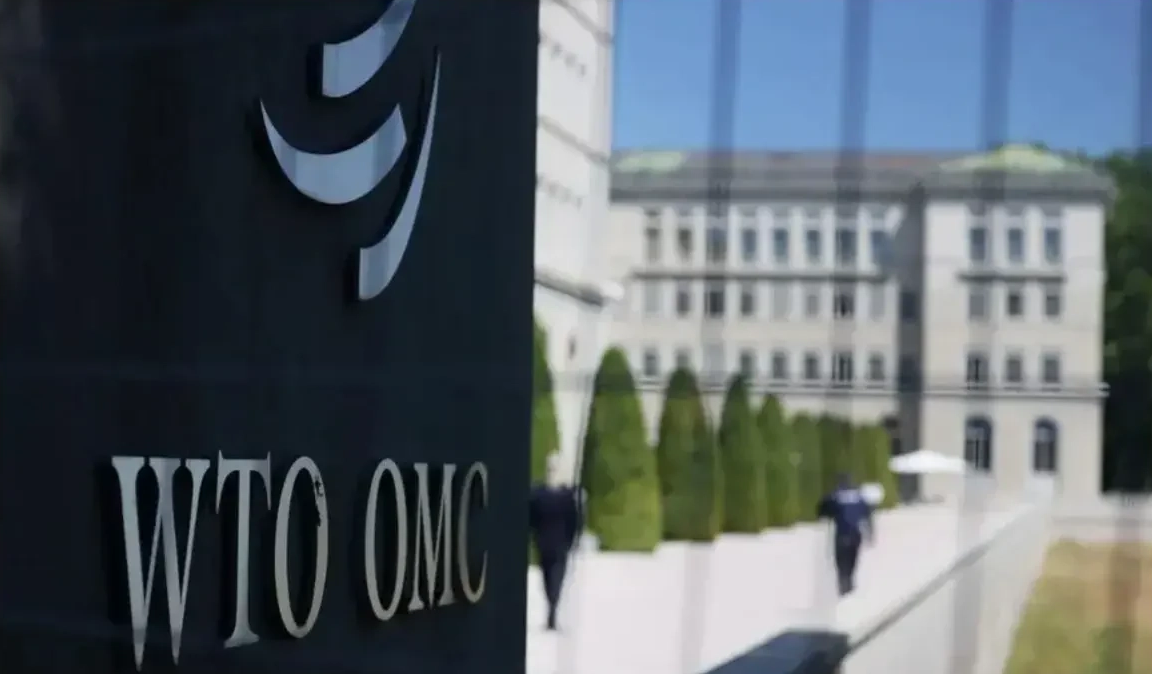Community-led security reform in Kenya is taking center stage with the launch of Jukwaa la Usalama.
Indeed, this is a bold initiative by the Ministry of Interior that seeks to involve women, youth, and marginalized communities in shaping national and local security policies.
This citizen-centered approach marks a shift from top-down enforcement to inclusive dialogue, tackling key issues such as gender-based violence (GBV), radicalization, and youth unemployment.
Interior Cabinet Secretary Kipchumba Murkomen emphasized that empowering grassroots voices will lead to more sustainable and people-driven safety outcomes across the country.
Inclusive Policing: Women and Youth Drive Kenya’s New Approach to Security
In a groundbreaking move to reform the national security framework, the Ministry of Interior has launched Jukwaa la Usalama.
Which is a bold and transformative initiative that places women, youth, and marginalized groups at the heart of Kenya’s evolving security policy.
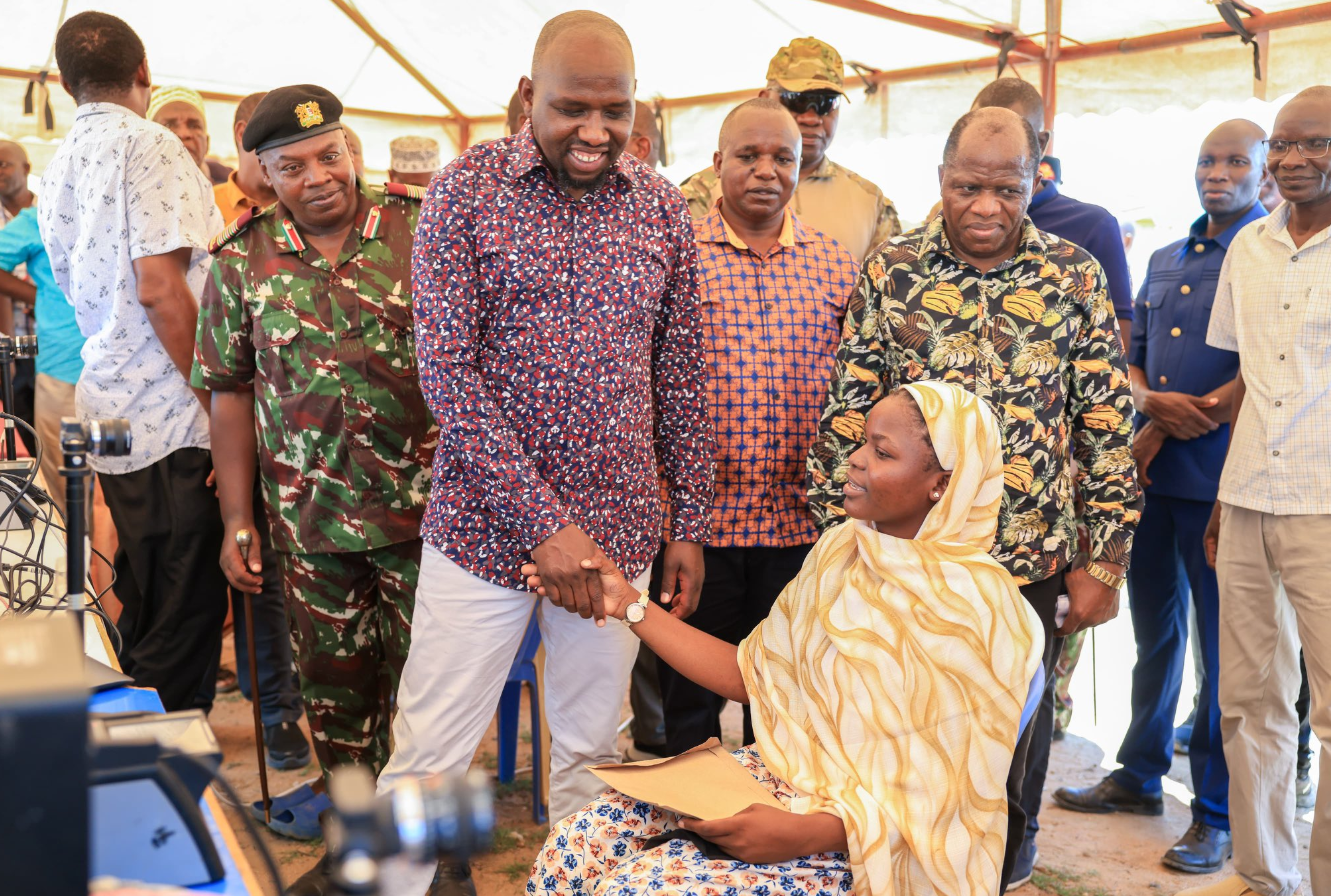
This grassroots-centered approach acknowledges that real security begins with community involvement.
With rising concerns over gender-based violence (GBV), youth unemployment, and the radicalization of vulnerable young people.
Therefore, the government is now shifting its strategy to tap into the lived experiences and perspectives of everyday citizens.
A Platform for Real Voices
Jukwaa la Usalama, loosely translated as “Security Forum,” is designed to bring together diverse voices from across Kenya’s counties.
Through structured engagements, citizens are empowered to speak out on security concerns that have long affected them but remained unaddressed in traditional top-down policy discussions.
Women and young people have often borne the brunt of insecurity, from domestic violence and sexual assault to police harassment and joblessness-driven crime.
By engaging them directly in the creation of safety policies, the government aims to develop more effective, localized, and sustainable solutions.
Addressing Gender-Based Violence and Radicalisation
Gender-based violence remains a persistent and deeply rooted issue across many Kenyan communities.
Through this initiative, women are being invited to share their experiences and shape response protocols.
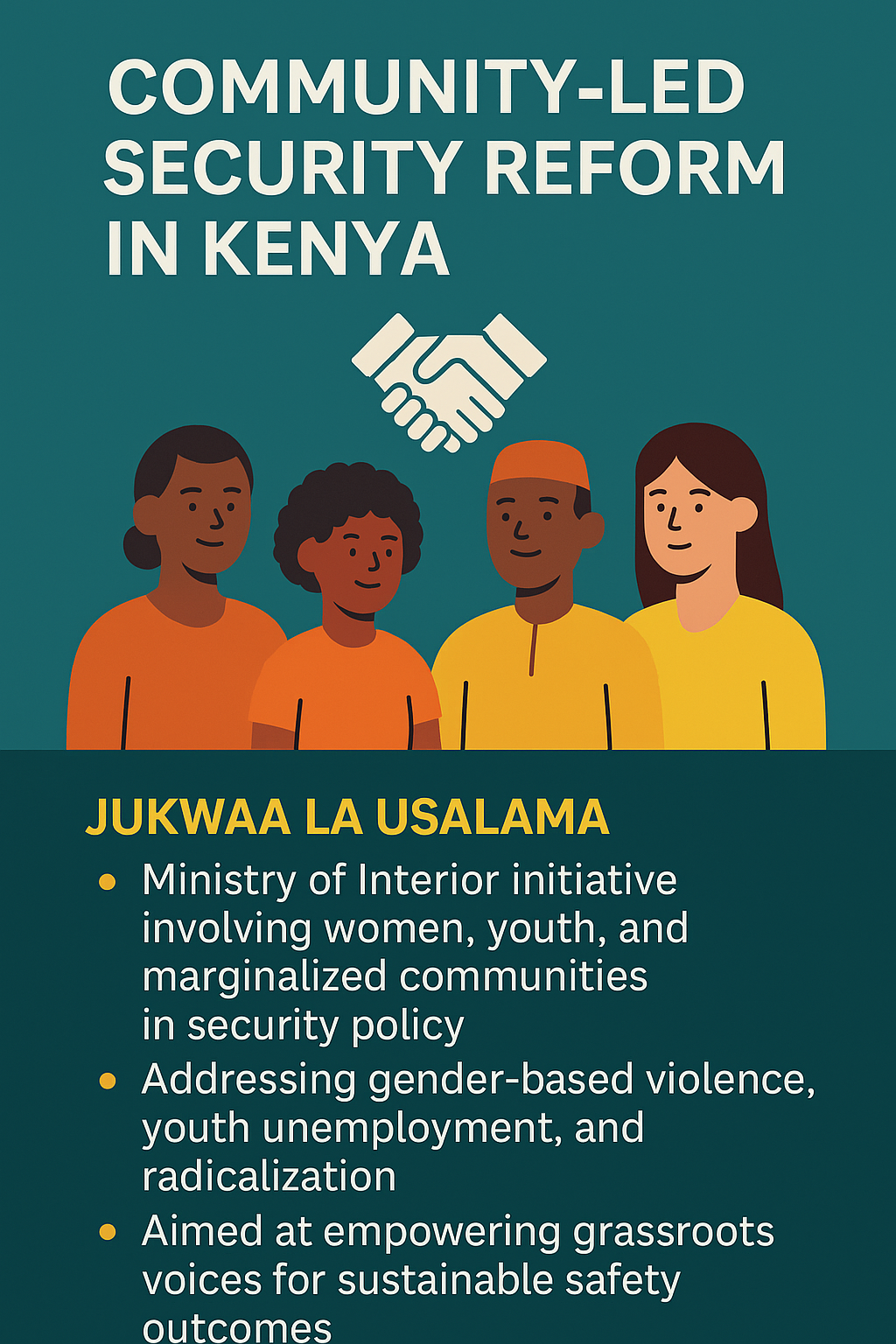
And suggest preventative strategies that can be applied at both the community and national levels.
At the same time, Kenya continues to battle the threat of youth radicalization, particularly in regions vulnerable to extremist influence.
By creating economic and social opportunities within this new security dialogue, the initiative offers youth an alternative path grounded in empowerment and inclusion.
Interior Ministry’s Vision for Safer Communities
Interior Cabinet Secretary Kipchumba Murkomen has lauded the initiative as a timely response to the country’s evolving security challenges.
“We cannot secure Kenya through enforcement alone.
We are fully committed to delivering service to Kenyans fairly and equitably without leaving any region behind.
During our 5th Jukwaa la Usalama town hall meeting today in Hola, Tana River County, we pledged to redouble our efforts to resolve resource-related conflicts and… pic.twitter.com/FDthcByFrQ
— KIPCHUMBA MURKOMEN, E.G.H (@kipmurkomen) April 11, 2025
We need dialogue, trust, and the active participation of our people, especially those historically left out of decision-making,” Murkomen said during the launch.
The Ministry plans to roll out Jukwaa la Usalama forums in all 47 counties, integrating feedback from citizens into its national security strategies.
These forums will also serve as safe spaces for community members to express their grievances and co-create solutions.
Towards a People-Centered Security Framework
The inclusive model marks a paradigm shift in how Kenya conceptualizes safety and governance.
Rather than relying solely on armed forces or surveillance, it emphasizes community ownership, trust-building, and preventative strategies.
As Kenya charts a new course, it becomes clear that sustainable peace and national stability must begin at the grassroots.
With women, youth, and marginalized groups leading the way, this inclusive policy could become a blueprint for other nations grappling with similar challenges.
ALSO READ: Kenya Stock Market Rebound After Trump Tariff Suspension: Could This Be the Start of a Bull Run?

